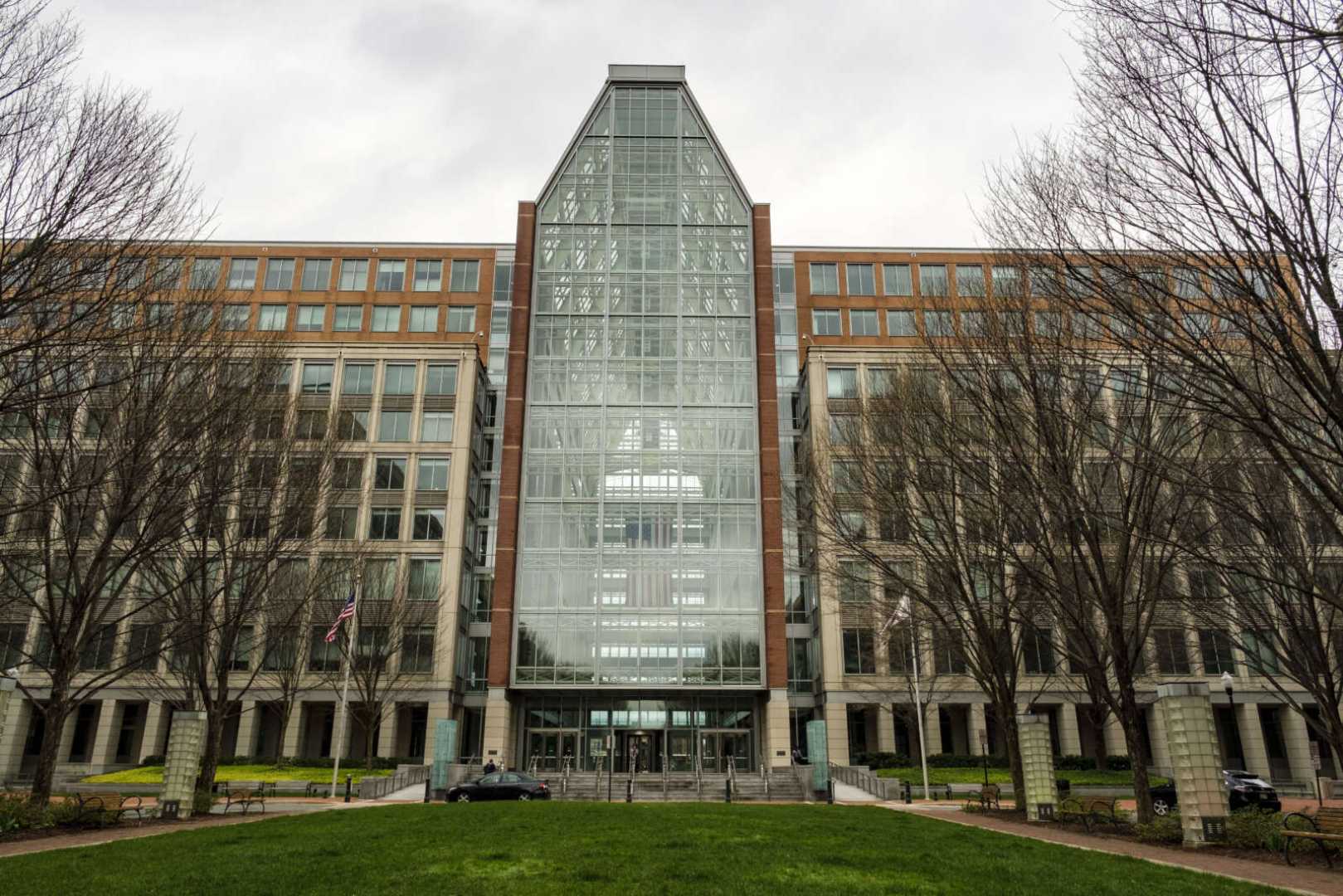News
USPTO Faces Major Shakeup as Trump’s Return-to-Office Mandate Takes Effect

ALEXANDRIA, Va. — The U.S. Patent and Trademark Office (USPTO) is bracing for significant operational changes following the Office of Personnel Management‘s (OPM) implementation of former President Donald Trump’s return-to-office mandate. The directive, issued on January 20, 2025, requires federal agencies to bring employees back to physical workplaces, threatening the USPTO’s decades-long reliance on remote work.
The OPM memo, signed by Acting Director [Name], mandates immediate action, with initial compliance steps due by January 24, 2025. This tight deadline leaves the USPTO, where 96% of employees are permanently remote, scrambling to adapt. The agency’s telework program, established nearly 30 years ago, has been a cornerstone of its operations, allowing it to attract and retain top talent nationwide.
“The USPTO would be uniquely harmed by this mandate,” said Dani Kass, a legal analyst, in a January 23 report. “Its remote work model has been critical to its success, enabling flexibility and efficiency that have made it a global leader in intellectual property protection.”
The guidance outlines strict timelines and requirements, including detailed plans for office space reconfiguration, employee relocation, and compliance reporting. Agencies failing to meet the deadlines could face penalties, though specifics remain unclear.
The USPTO has not yet issued a public statement on how it plans to comply with the mandate. However, insiders suggest the agency is exploring options to mitigate the impact, including hybrid work arrangements and phased implementation schedules.
This development comes amid broader debates about the future of remote work in the federal government. While some agencies have successfully transitioned to in-person operations, others, like the USPTO, face unique challenges due to their long-standing reliance on telework.
As the January 24 deadline looms, stakeholders are closely watching how the USPTO navigates this unprecedented shift. The outcome could set a precedent for other federal agencies grappling with similar mandates.












